Why is there something instead of nothing!
What is the greatest paradox, according to you? For me, it is a paradox of existence. Whenever I think of it, it either proves I am nothing, or it puts me in front of a situation that appears to be a haven for questions without answers. Heidegger’s famous quote summarises this paradox: ‘Why are there beings at all, instead of Nothing?’ Why is there existence at all? Why is there even Space and Time? Why is there the Universe? Even if there is just a single entity, God, for instance, why should that exist? What is the reason for its existence?
To elaborate on this, one needs to think of nonexistence first. Nonexistence, as per general understanding, means the absence of things or entities. Imagine a state of affairs wherein no things or entities exist; that is, there is no existence. In such a state of affairs, no paradox will arise, because there will be no beings, humans, for instance, to think about the ‘nonexistence’ of things or entities in the first place.
But, in our state of affairs, wherein there are things and entities, humans can reasonably say that there is some sort of existence even though we don’t know what kind of existence it is. We cannot simply brush this fact aside by saying that all this is an illusion, that everything is unreal, that nothing in fact exists. The very fact that we can say or think that nothing exists actually proving that there is some form of existence. Even when Socrates said he knew nothing, he actually knew something about himself.
I say existence is paradoxical because it is the impossible thing that I can conceive of. Yet, we can certainly say that there is existence. So the impossible has been made possible. What could not even be conceived actually exists in all its unimaginable grandeur in front? Existence is a fact beyond question. But what made this impossibility possible? Or, rather, what made the ‘what’ possible at all? Why should that what exist? Let’s say this what is answered by a purpose it has, or a reason is known for why it exists. Even if there is some ‘why’ to answer this, why should that ‘why’ exist at all?
One can see that I’m struggling with language here to explicate the paradoxical quality of existence. We know about our existence because we already exist, or, we can exist- that’s why we can even make efforts to know about ourselves. We also know we exist because we are conscious of it. Our consciousness precedes existence, and our existence also precedes consciousness. The more time one expends in thinking about existence, the more paradoxical it becomes. It is this paradoxical quality of it becoming more paradoxical when being questioned or contemplated that makes it more paradoxical.
At the same time, if one even loses a single moment or a single link in the train of thought when thinking about it, the paradox dissolves, and existence becomes a matter of unimportance. One must start thinking all over again to board the same train of thought, to grasp the gravity of the paradox of existence. I think that the reader might have lost her grasp on the gravity of the paradox of existence now because I lost the grasp too. So, to grasp that gravity again, remember Heidegger’s quote again: ‘Why are there beings at all, instead of Nothing?’ Remember the state of affairs wherein ‘Nothing’ exists.
Let us go in a different way now and ask the following question: Can we really, genuinely, veritably imagine such a state of affairs wherein Nothing really exists? Remember that Nothing is the absence of anything and everything. Let us assume that we could imagine and let us ask ourselves why that state of affairs is not in existence. Why is existence in existence instead of nonexistence? We can even reverse the question: Can nonexistence exist at all? How can nonexistence be? For nonexistence to exist seems to be even more paradoxical now.
Notice here that, when I say nonexistence is more paradoxical because the question of whether nonexistence can exist is paradoxical, all this could simply be confusion in language. To explicate, we know that the word ‘existence’ has a referent: The property that all things that ‘be’ or ‘exist’ have. Construed in this way, does the word ‘nonexistence’ have a referent? What does it refer to, when we do not even have a conception of what it could be? Perhaps we can say that its referent is the property that all things that ‘do not exist’ or ‘be not’ have. But how can things that do not exist have properties?
Perhaps the word nonexistence does not refer to anything. All the while, we might have mistaken ‘Nothing’ to be a substantive something. Perhaps there is no such thing as nonexistence. Perhaps the impossible thing, existence, is the only possible thing. How miraculous!
Following another train of thought, we can also guess that perhaps our language is constructed on the basis of the primacy of existence that nonexistence cannot even be imagined using it. Here language may seem to be inadequate to make sense of existence and nonexistence. Perhaps the conceptions of existence and nonexistence portrayed here are primitive. Perhaps language is not an efficient tool to make sense of such conceptions. Perhaps we need to look for other ways to deal with these questions and conceptions.
In any case, I still consider that the paradox of existence (and nonexistence) is the greatest paradox that I can conceive of.
Featured Photo by Niketh Vellanki on Unsplash


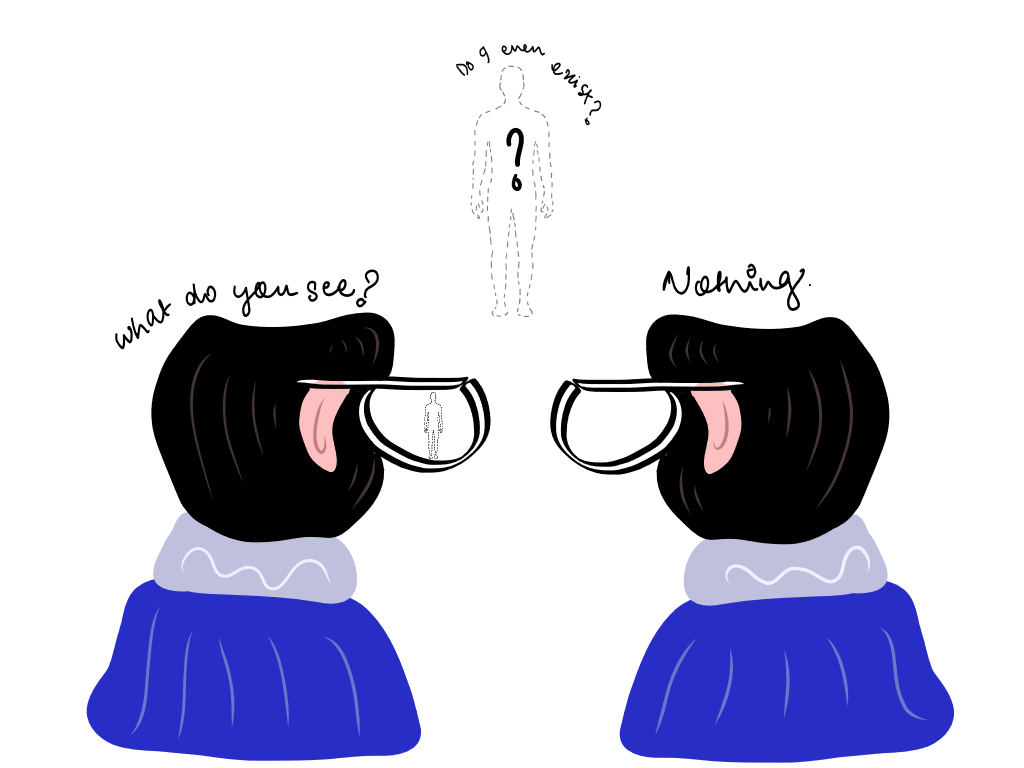

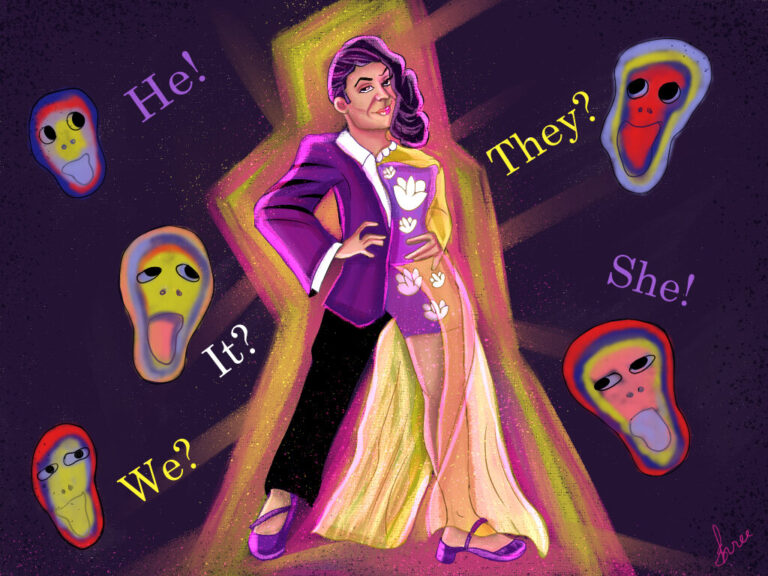
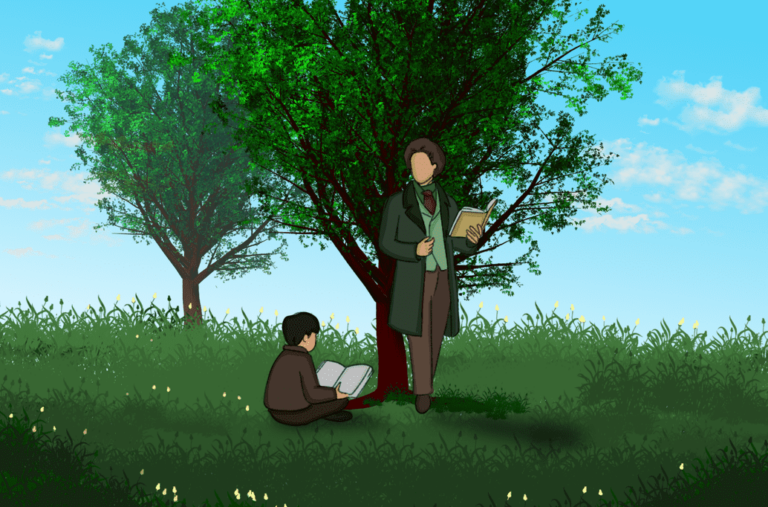

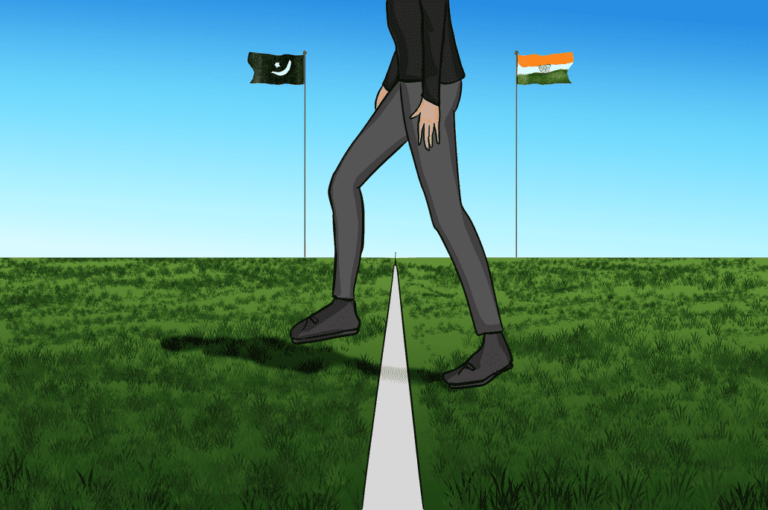
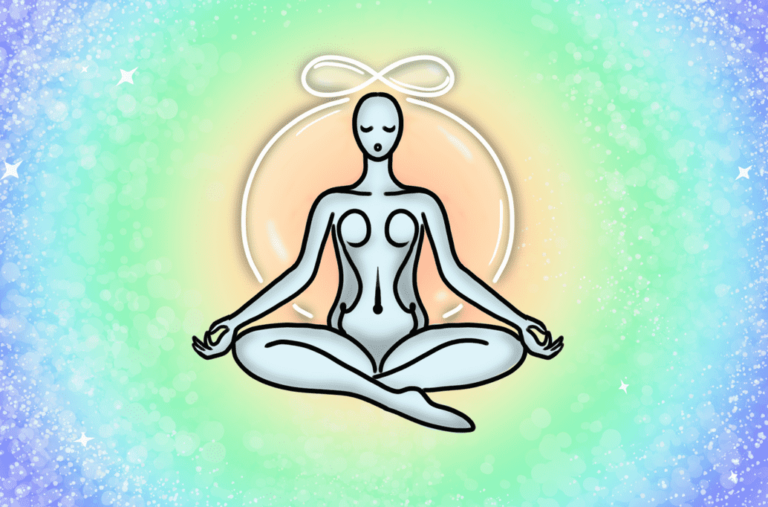
Readers' Reviews (2 replies)